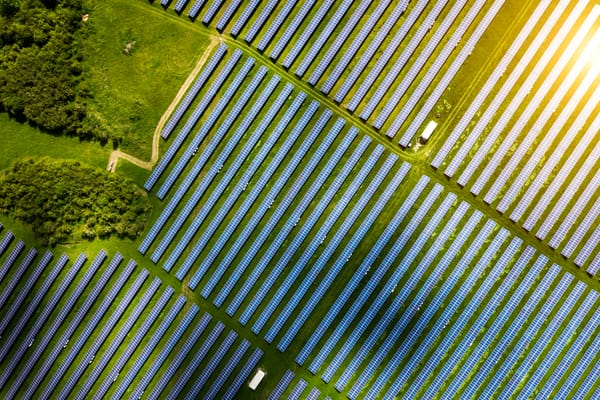
Hungary’s energy path: Still quite expensive
Hungary has chosen a unique path in designing its energy system, both in European and regional comparisons.
A collection of 15 posts

Hungary has chosen a unique path in designing its energy system, both in European and regional comparisons.
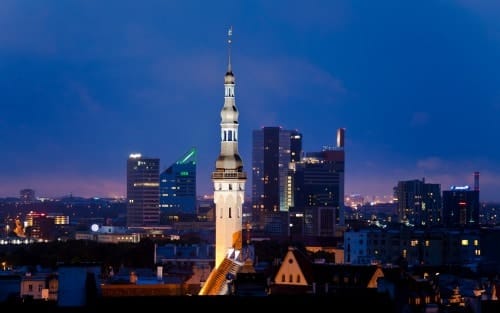
A new list spotlighting the fastest-growing startups in Central and Eastern Europe (CEE) shows Estonia as the clear leader in the region’s startup scene, with neighbours Latvia, Bulgaria, Romania, and Lithuania also making the leaderboard. The Sifted 30: Eastern Europe & Baltics leaderboard ranks private startups established within the
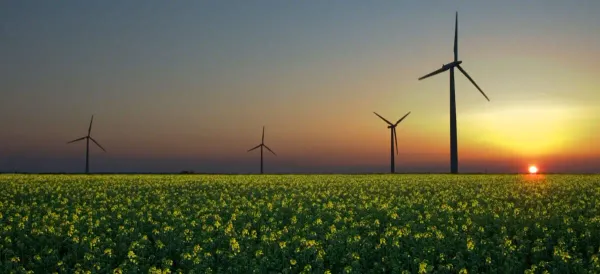
The European Commission (EC) has greenlit Poland’s USD 1.2bn scheme for projects to increase electricity storage capabilities to foster the transition to a net-zero economy under the Temporary Crisis and Transition Framework (TCTF). The move, approved on October 3, 2024, will aid Poland’s shift away from fossil
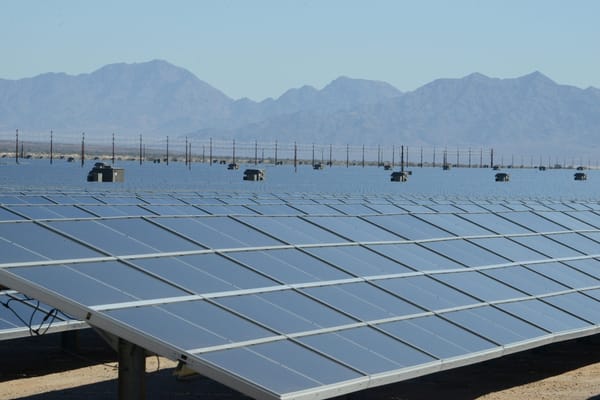
Polish photovoltaic company RPower has signed with Polish State Development Bank (BGK) a loan agreement worth PLN 231mn (EUR 54.17 mln) for solar farms with a combined capacity of 72 MWp, the company announced. This is the third finance loan agreement RPower has signed this year. The projects will
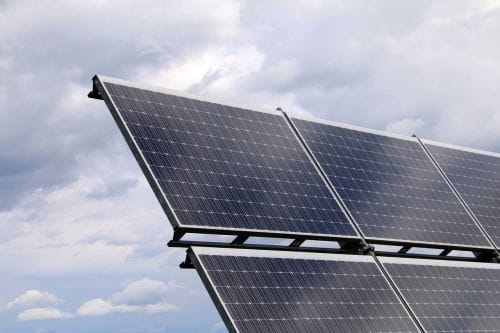
Czech photovoltaic distributor Raylyst Solar is the most rapidly growing company in Europe, according to the latest rankings by UK daily the Financial Times and German data platform Statista. Czech entrepreneur Jan Kamenicek founded Raylyst in 2018, and the company now delivers photovoltaic panels in Czechia, Germany, Slovakia, Italy and
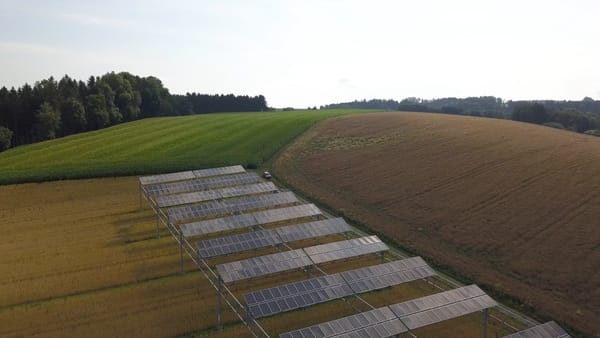
Poland’s first agrivoltaic farm, with a target 1GW capacity could be constructed in northern Poland, Gazeta Wyborcza reported Sunday, 18 June. German green energy investor Kelfield signed a letter of intent on the project with Polish photovoltaic manufacturer Corab, at the Intersolar Europe fair in Munich earlier in the
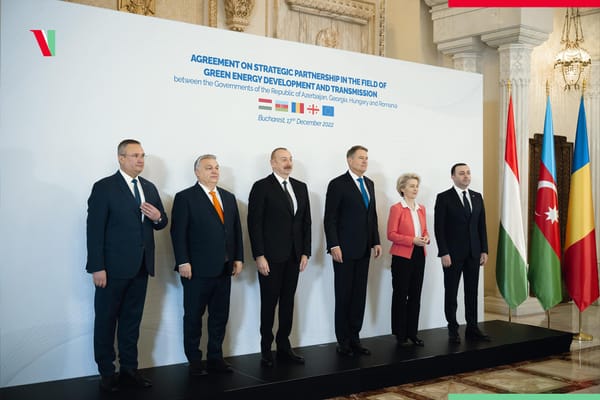
Hungary and Romania were among the four signatories of an agreement to construct a 1,100km (685 mile) power line under the Black Sea within three to four years, in Bucharest Saturday. The cable will transit Azeri electricity, mostly from wind and solar energy, from Azerbaijan to the EU, via
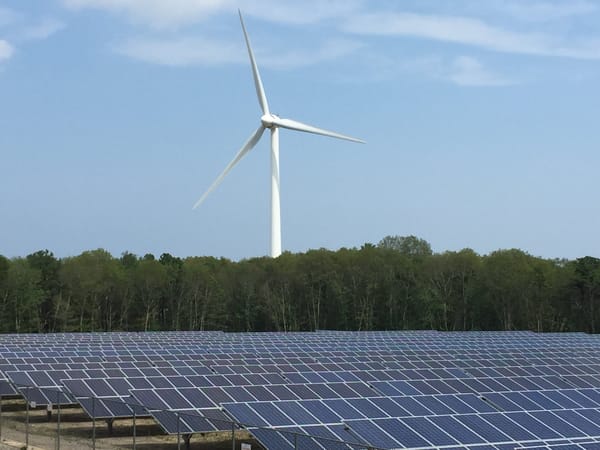
The Romanian Energy Ministry has launched a renewable energy tender call worth EUR 457.7mn for projects totalling 950MW capacity, which will be open to wind and solar with the added possibility of links to storage. Some EUR 372.7mn will go to projects over 1MW, and EUR 75mn to
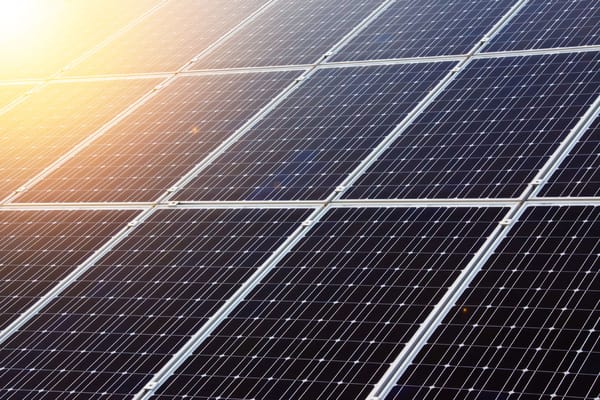
Polish greenfield solar power project Toren Spolka Akcyjna agreed a 100% share purchase agreement with the Swiss-based energy company MET Group on Friday. The solar power plant is expected to achieve ready-to-build status in 2023. Toren Spolka Akcyjna is planning to start a 60MWp photovoltaic project close to the German

The combination of a rise in demand for renewable energy sources and supply-chain issues is causing problems for manufacturers in Czechia and other countries in Central and Eastern Europe (CEE). Companies in Czechia cannot meet the increasingly high demand for renewables due to a shortfall in both materials and workers,

The Slovak government announced plans to the build the country’s largest solar park on Monday. State nuclear company JESS will construct the renewable energy development near the Jaslovenske Bohunice nuclear reactors. The EUR 60 million investment will result in Slovakia’s largest solar power plant, spread over a105-hectare site.

On a global scale, Estonia does not emit high levels of greenhouse gasses, but on a per capita basis, it is the second-largest emitter in Europe. The country has ambitious goals to reduce its greenhouse gas (GHG) emissions. Moreover, Estonia wants to be one of the top green energy producers.

With populations of only 2.79m (Lithuania), 1.92m (Latvia) and 1.32m (Estonia), the Baltic countries are not huge contributors to global emissions. Despite that, they have set out their plans to meet the EU’s “Fit for 55” ambition of reducing greenhouse gas (GHG) emissions by 55% until

A leaked draft version of the European Commission’s renewable energy directive has received loud criticism from the renewables industry and NGOs. They claim the proposal is lacking ambition and that it must be in line with EU’s new climate goals. The proposal is due to be adopted in

Central Europe’s largest solar plant has been inaugurated in Kaposvár, southwest of the Hungarian capital Budapest. The 100-megawatt solar power plant was built by China National Machinery Import & Export (CMC), a Chinese company investing HUF 36 billion. The Kaposvár solar power plant increases Hungary’s photovoltaic capacity by